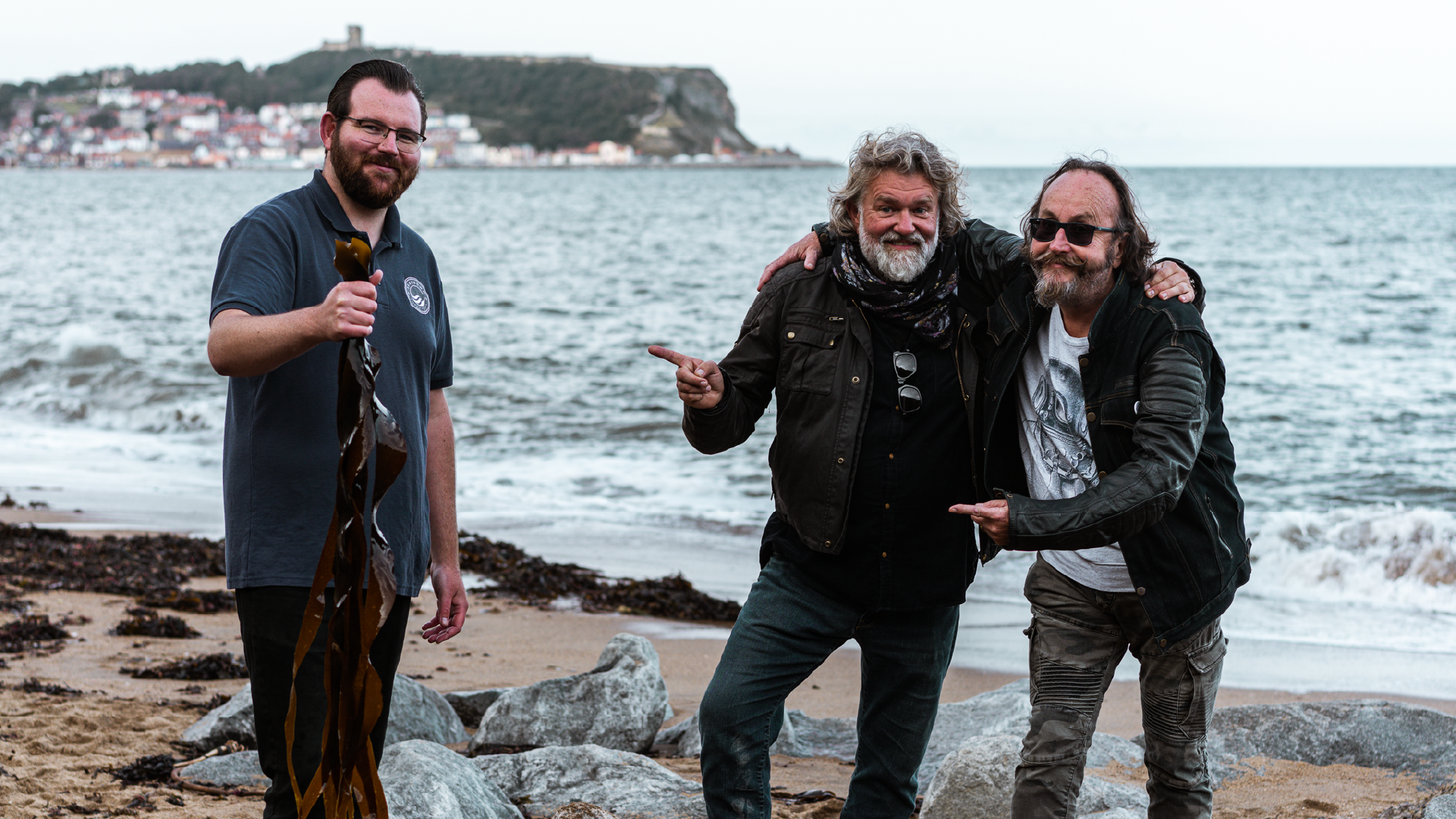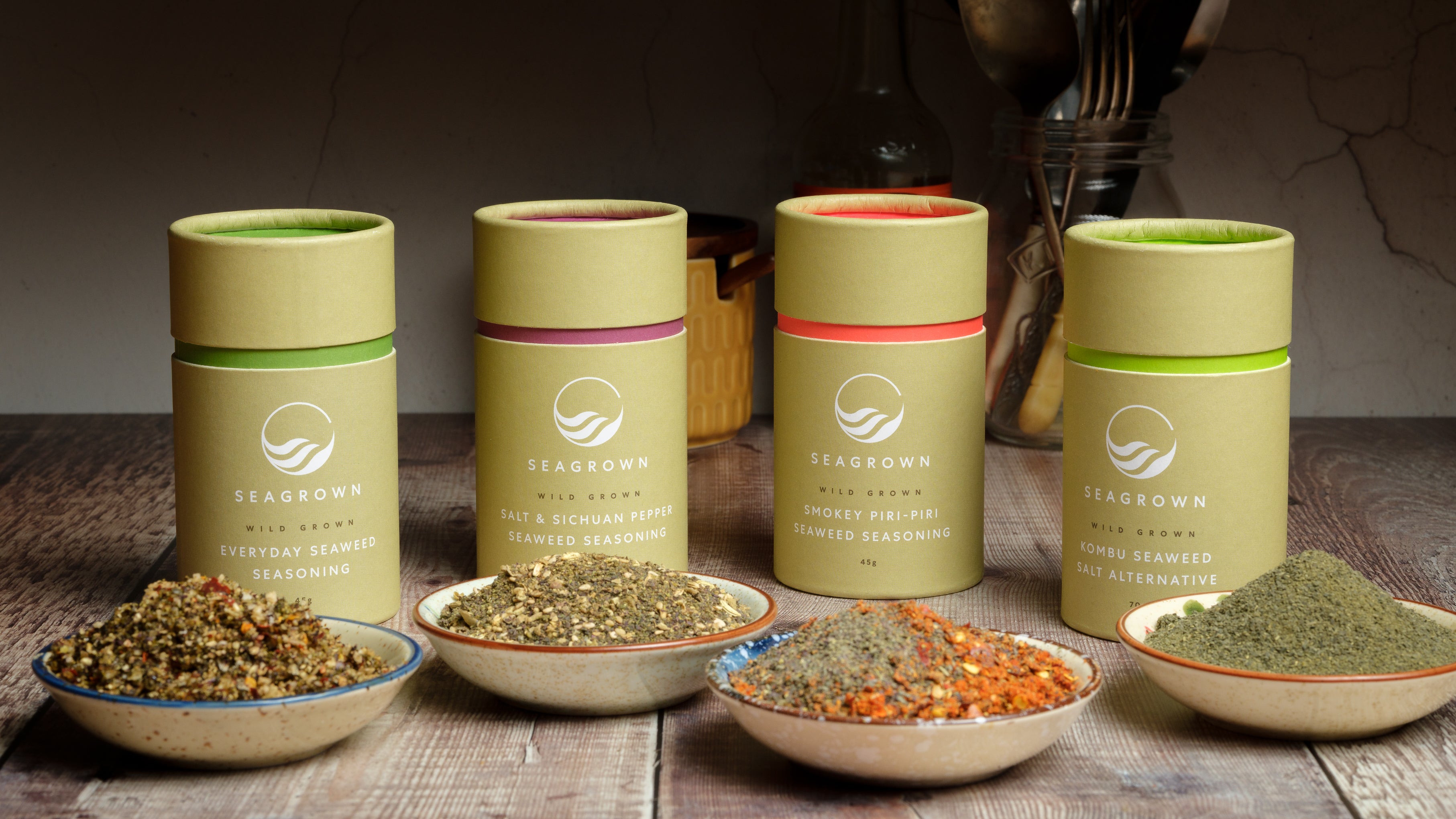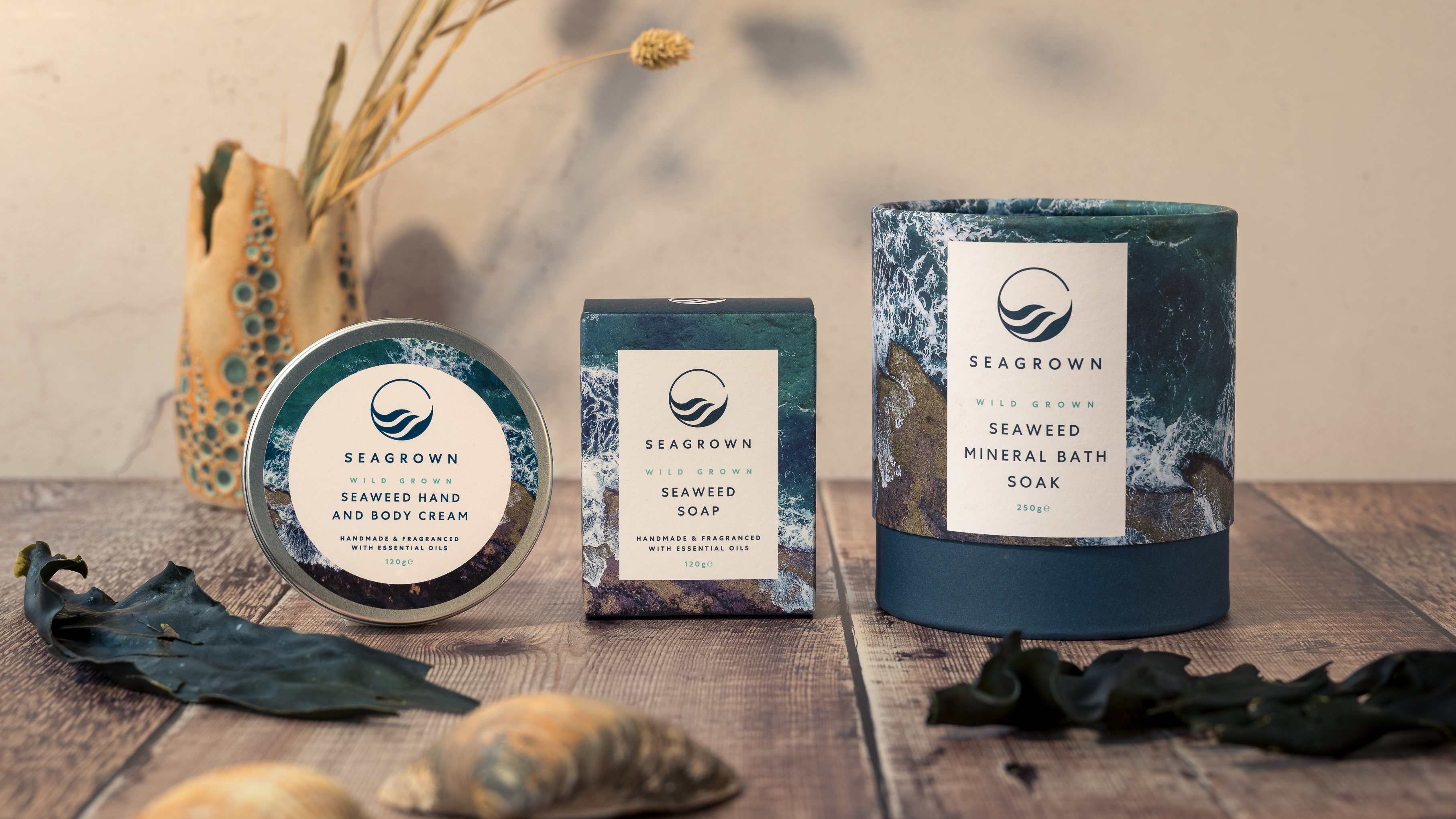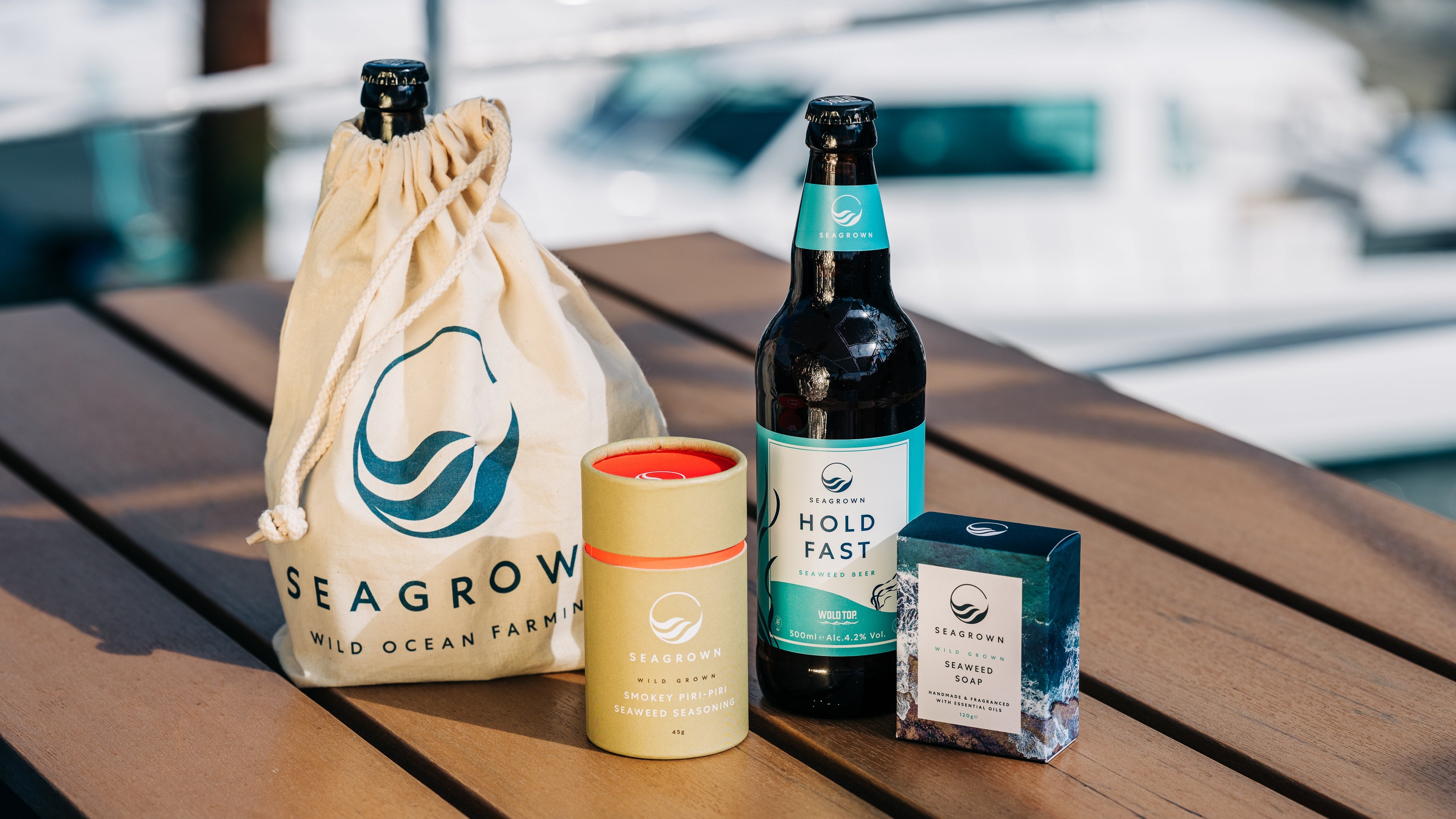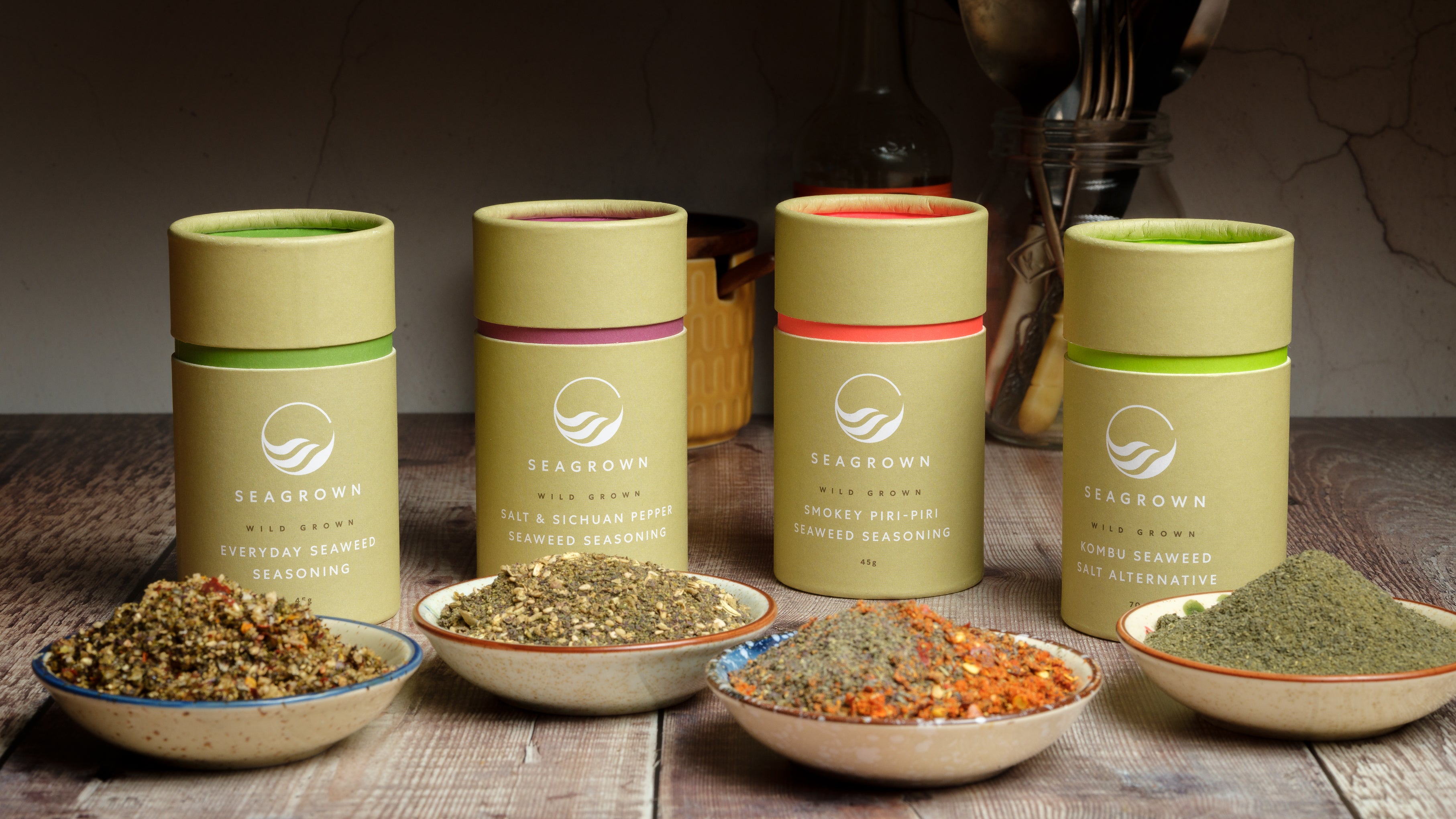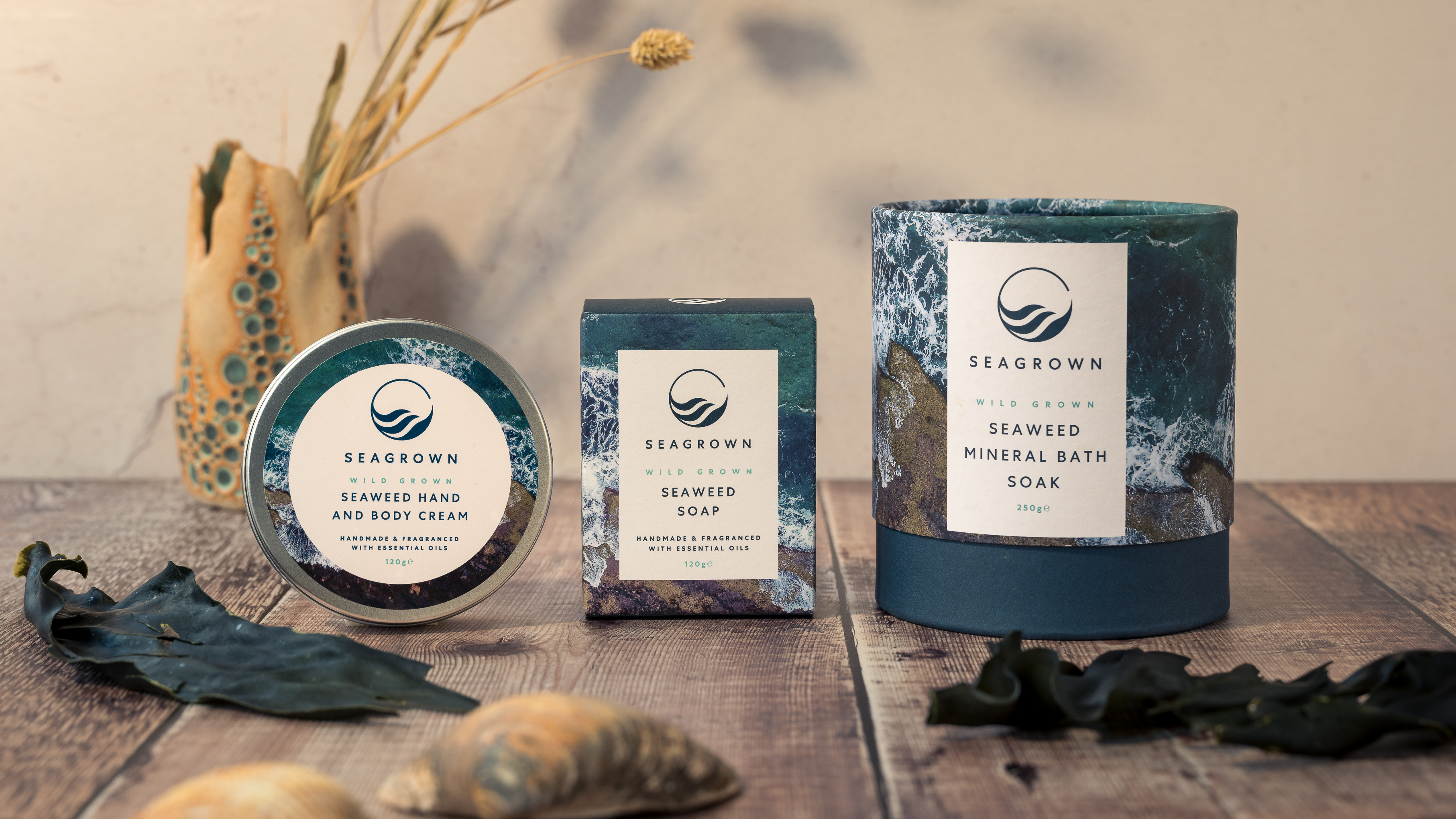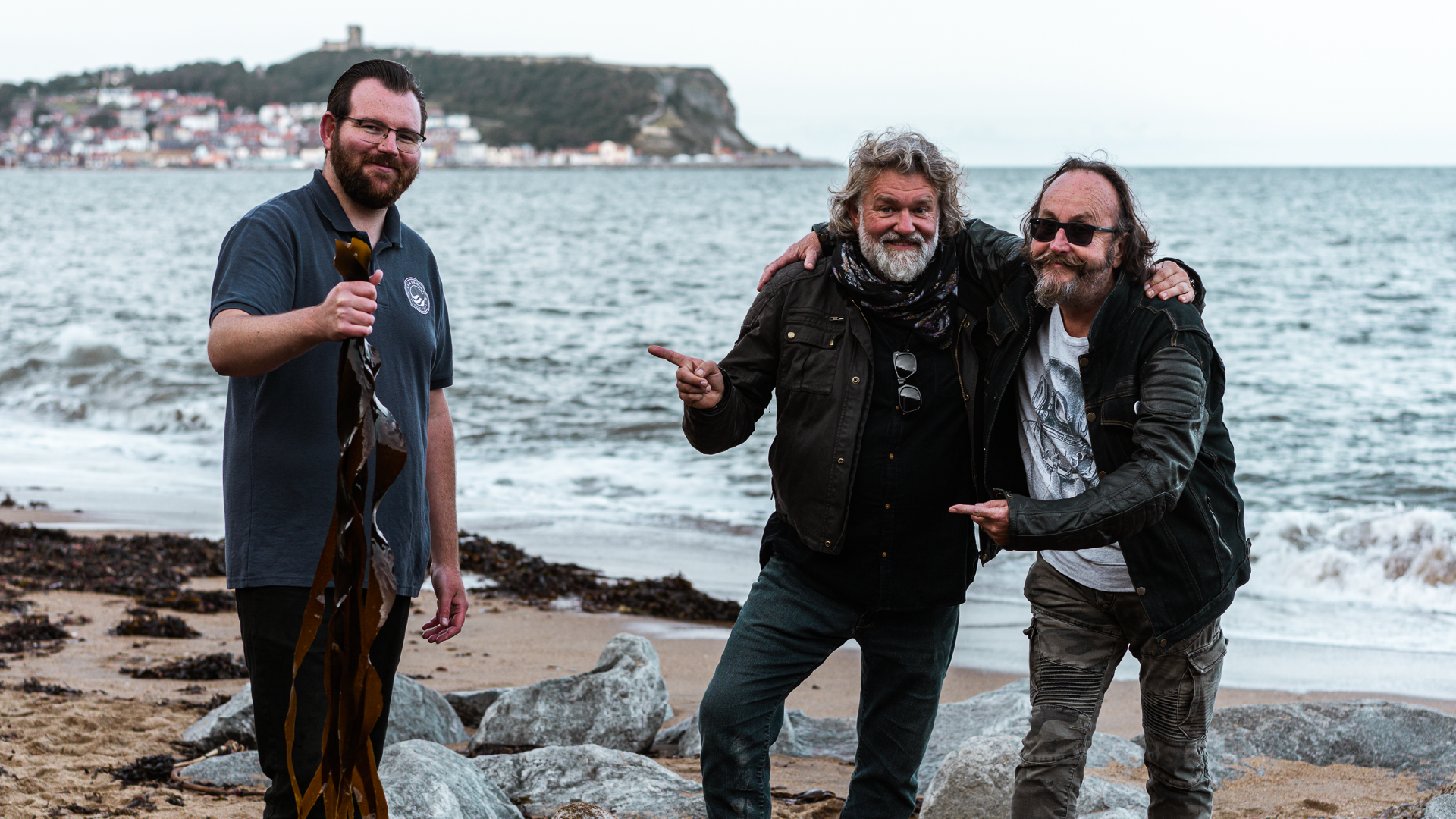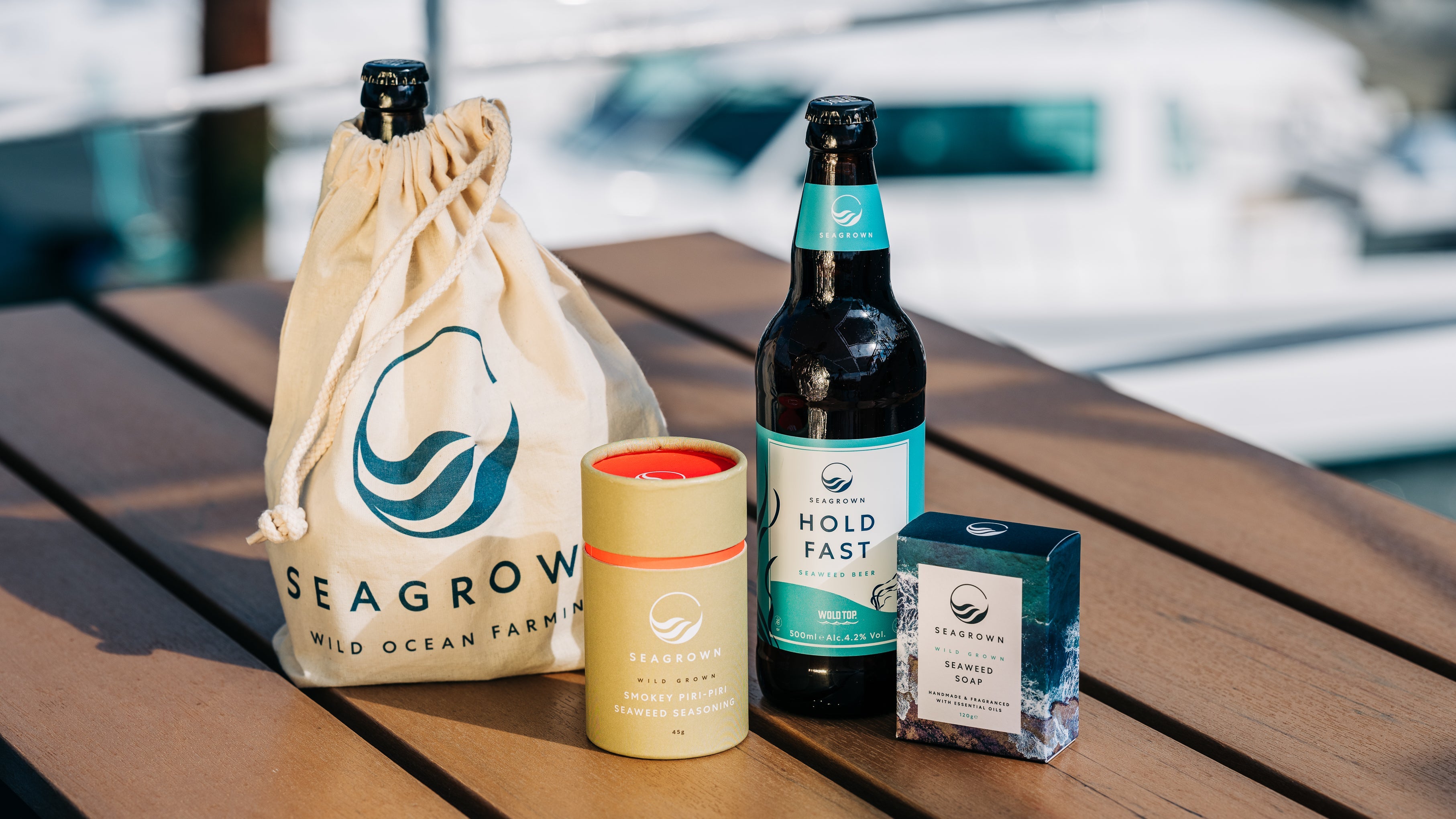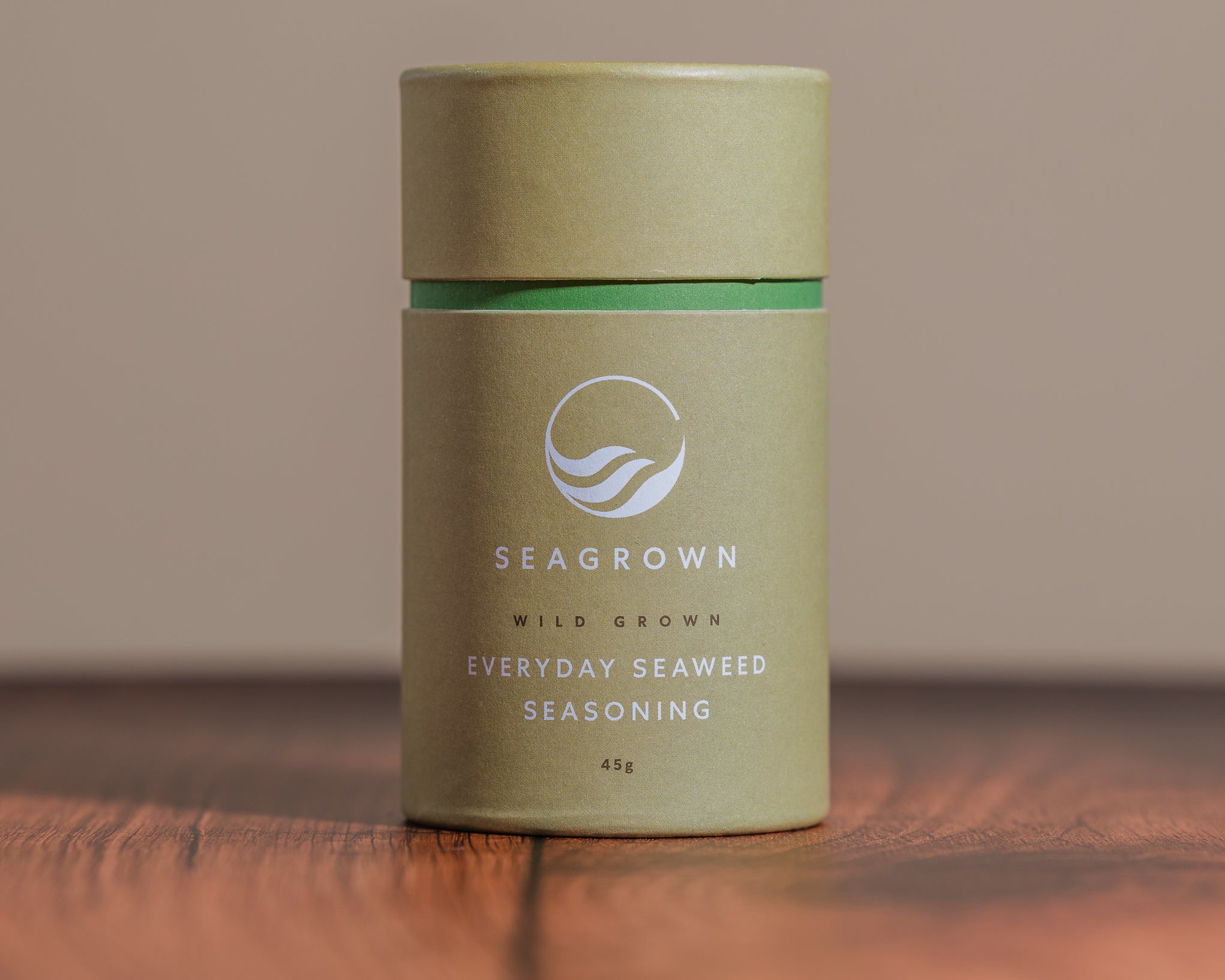The towering chalk cliffs of RSPB Bempton Cliffs are a true marvel of the Yorkshire coastline, home to one of the UK's most significant and breathtaking seabird spectacles. Recently, our dedicated SeaGrown science team – Dr Hong Chin Ng (Senior Scientific Officer), John (Science Technician), and Imogen, Jess, and Will (Crew Members) – had the invaluable opportunity to spend a day immersed in this iconic wildlife haven for a specialised seabird identification training and refresher session.
For some of our team, like Hong Chin and Jess, this was their first encounter with the sheer scale and vibrancy of Bempton’s ‘seabird city’ during peak season. Hong Chin was particularly captivated by the abundance of puffins, remarking on the "gorgeous" sight and noting he’d "never seen that many puffins in one place before!" It’s an experience that truly highlights the richness of our local marine ecosystem.
Under the expert guidance of dedicated RSPB volunteer Will, the team spent the day sharpening their identification skills, learning to distinguish between similar-looking species, observing key behaviours, and understanding the nuances of seabird life cycles. This hands-on training is far more than just an interesting day out; it's fundamental to the scientific rigour we apply at SeaGrown.
Why This Training is Crucial for Our Work
The skills honed at Bempton are directly transferable and essential for our ongoing environmental monitoring programmes at our offshore seaweed cultivation site and our designated control site. Accurately identifying and recording seabird species and their numbers under strict scientific conditions allows us to:
- Build a comprehensive picture of the biodiversity in and around our operational areas.
- Assess any changes or trends in seabird populations over time.
- Understand how different species might interact with our cultivation structures.
- Contribute valuable data to wider marine conservation efforts.
Our methodology involves meticulous data collection not only at our cultivation site but also at a carefully selected control site some distance away. This comparative approach enables us to rigorously analyse our findings and confidently assess the ecological impact of our seaweed cultivation. It was precisely this robust, evidence-based approach that allowed us to identify our offshore site as a ‘Kittiwake Hotspot’, a crucial finding for this endangered species.
Collaboration and Continuous Learning
We extend our sincere gratitude to our expert guide, Will, for so generously sharing his extensive knowledge and passion, and to the entire team at RSPB Bempton Cliffs for providing such an inspiring and world-class location for this vital training.
At SeaGrown, we are committed to continuous learning and employing the best possible scientific practices. Investing in our team's skills is an investment in the quality of our environmental data, which in turn helps us better understand, protect, and enhance the incredible marine ecosystem of the Yorkshire coast that we are privileged to work within.

